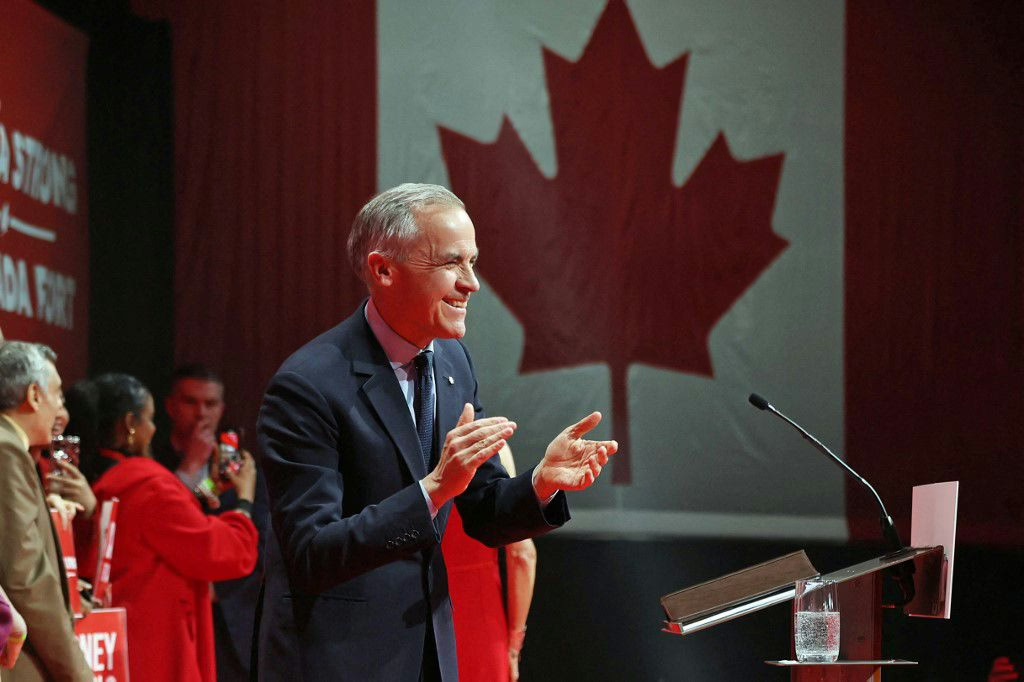Written by Abdulrasaq Alawaye
For Starnews
Nigeria’s tax system is long overdue for reform. The current structure, plagued by inefficiencies, multiple taxation, and poor revenue collection, stifles economic growth and discourages foreign investment. The four tax reform bills—aimed at streamlining tax administration, enhancing efficiency, and increasing revenue—offer a pathway to fiscal sustainability. However, opposition from some Northern governors and lawmakers, based on misperceptions of regional disadvantage, threatens to derail these vital changes.
The reforms, crafted by the Taiwo Oyedele-led committee, propose aligning Nigeria’s tax processes with global standards, eliminating over 60 redundant taxes, and providing relief to small businesses and low-income earners. Businesses with annual turnovers below ₦50 million will be tax-exempt, while individuals earning less than ₦1.7 million annually will enjoy significant relief. These measures promise to stimulate entrepreneurship and support struggling small- and medium-scale enterprises across all regions.
A key provision—shifting to a derivation-based VAT distribution model—has drawn criticism from Northern leaders who fear it disadvantages their states. In reality, this model incentivizes economic productivity across all regions, fostering healthy competition and encouraging states to diversify their revenue streams. Increasing the VAT allocation to states from 50% to 55% further strengthens federalism and addresses chronic economic underdevelopment.
The proposed graduated VAT increase from 7.5% to 15% by 2030 has also faced pushback, especially amidst current economic hardships. While concerns about timing are valid, the reforms exempt essential goods and services such as food, health, and education from VAT, ensuring minimal impact on vulnerable populations. Northern leaders, as highlighted by Islamic cleric Ahmad Gumi, must prioritize creating economic opportunities rather than resisting progressive reforms.
Furthermore, the reforms aim to overhaul revenue collection agencies plagued by inefficiency and corruption. Consolidating tax collection under a new Nigeria Revenue Service (NRS) will enhance transparency and accountability. Addressing issues such as billionaire tax evasion and uncollected oil revenues is crucial to closing fiscal gaps and ensuring equitable taxation.
Opposition to these reforms undermines the opportunity to rectify Nigeria’s broken tax system. With Southern leaders and stakeholders offering their support, it is imperative for all regions to recognize the reforms’ transformative potential. Failure to act now risks perpetuating poverty, stifling development, and deepening inequality. These reforms are not anti-North—they are pro-Nigeria. It’s time to embrace them for the nation’s collective good.











Leave a Reply